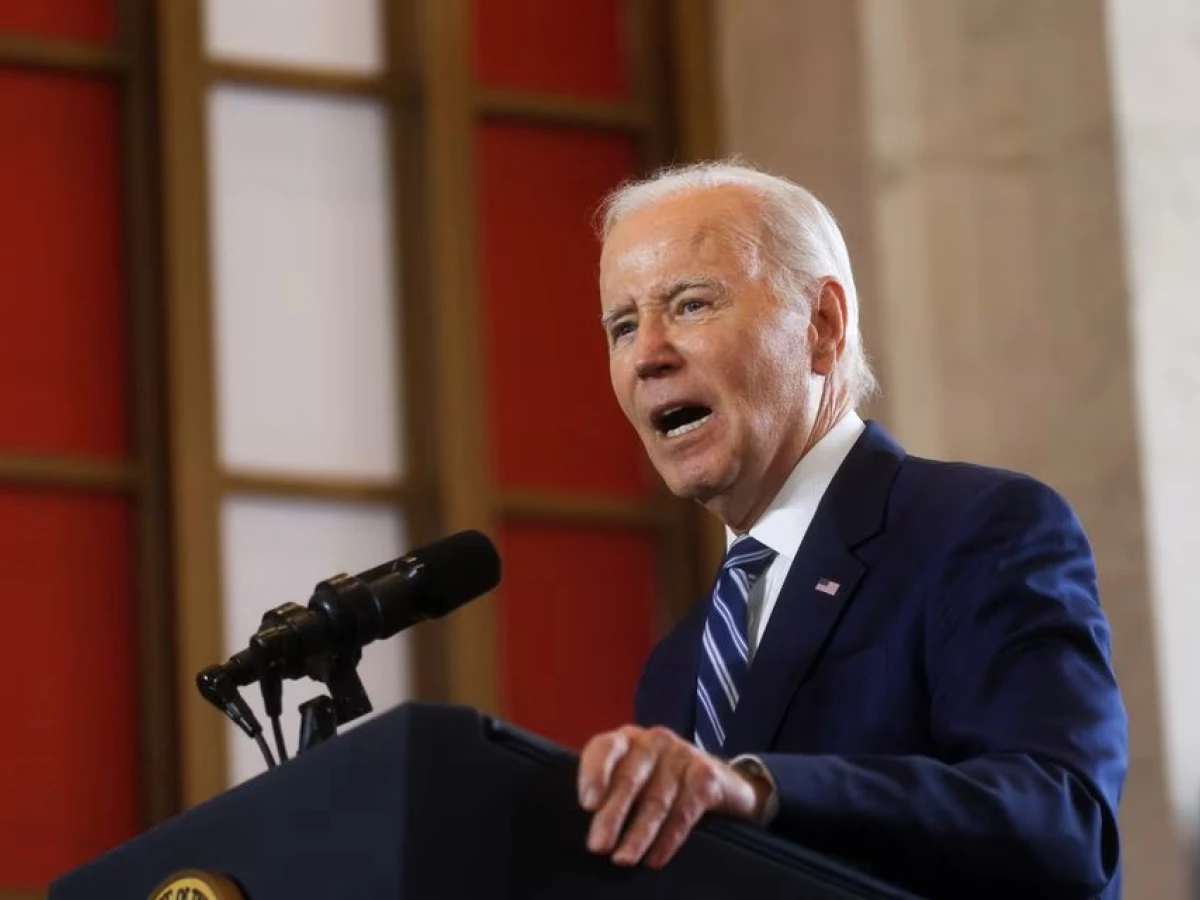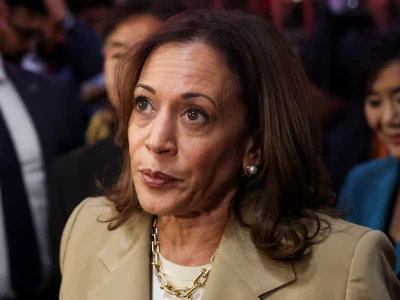
Biden using CPAP machine for sleep apnea, officials say
The White House said it is transparent about the president's health but did not say why it had not disclosed the machine's use before.
WASHINGTON, June 28 (Reuters) - U.S. President Joe Biden has begun using a continuous positive airway pressure machine, or CPAP, to address a problem with sleep apnea, White House officials said on Wednesday.
"He used a CPAP machine last night, which is common for people with that history," White House spokesperson Andrew Bates said.
A White House official who declined to be identified said Biden had begun using the CPAP machine in recent weeks to improve his sleep quality.
The White House provided no additional details on what specific complaints or diagnosis prompted use of the machine, how the sleep apnea had been teated previously, or whether the president had undergone a sleep study.
Use of the machine was not previously disclosed and any problems the president may have had with apnea or sleeping soundly did not feature in a February summary of the president's health status, which focused on conditions for which the president was "currently being treated."
The White House said it is transparent about the president's health but did not say why it had not disclosed the machine's use when it started.
Biden's doctor, Kevin O'Connor, said in a 2019 report released by Biden's presidential campaign team that he looked into Biden having sleep apnea but that his symptoms improved after nasal passage and sinus surgeries.
Sleep apnea is a common disorder characterized by brief interruptions of breathing during sleep.
Untreated, it can cause forgetfulness, fatigue and sleepiness, and can ultimately lead to cardiovascular disease because of the significant strain it can put on the heart, studies have shown.
Biden was seen by reporters on Wednesday with marks on his face indicating he had been wearing some type of wide strap. Many CPAP users wear a mask held on by a strap. Bloomberg News first reported Biden's use of the machine.
Biden, 80, is the oldest person to serve as U.S. president, and both his age and health have been a focus of voters as he seeks a second, four-year term in the 2024 election. Age is one of several factors that increase the risk of developing sleep apnea.
Public opinion polling shows that a majority of Americans have concerns about Biden's age.
In February, his doctor declared him healthy and "fit for duty" after a physical examination.
That report said Biden has dealt with "sinus congestion for most of his life," and that "sinus symptoms have improved after several sinus and nasal passage surgeries."
In 2008, Politico mentioned Biden's "reoccurring problem of sleep apnea" in a story about a report on 49 pages of medical history released when he was Barack Obama's vice presidential running mate.




